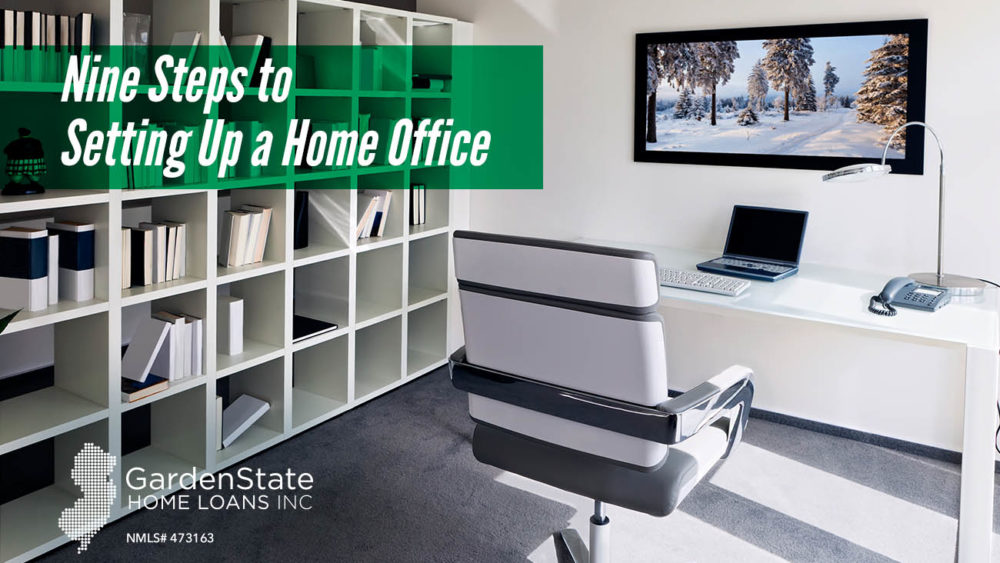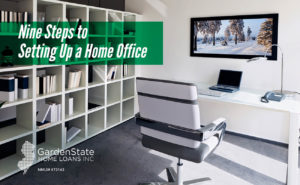Setting up a home office
Working from home has a lot of benefits. You get to set your own schedule, work at your own pace, and you get to cut out that long commute. However, before you can start working from home, you should set up a home office. A dedicated area in your home will help productivity and help to separate the professional from the personal. Here’s how to create the perfect home office.
-
What do you need?
Before you start setting up an office space, make a list of everything you need in your office. This may include a desk, computer, telephone, and other items that pertain to your trade. This will help give you an idea of the space you’ll need for your office.
-
Where should you go?
With your list completed, it’s time to choose a location for office. Ideally, you’d want a dedicated area of your home for the office space. This should be a quiet area with privacy. A spare room with a door would be the best option, as it can help to filter out noise from the rest of the house.
-
Workspace and storage
For a home office, you’ll want to create a space that has plenty of room for storage and workspace. This may be difficult if you’re dealing with a small room. Think about different ways to get in your storage and work area. A great way to combine these two is by placing a laminate countertop or wood over file cabinets to build a desk. If you have a lot of files, consider placing your files in a separate area. However, if you do this, remember to make sure any files or supplies that you’ll need frequently are easily accessible.
-
Lighting
If you can, choose a spot in your home that has a lot of natural light or windows. However, it’s not necessary. Make sure that your office has overhead lighting that fills most of the space. Afterward, add in desk lamps or floor lamps that can give concentrated light to a specific work area.
-
Dedicated phone line
Use a dedicated phone line for your office. Using a home phone gives off a less-professional vibe and can lead your clients to question the validity of your business. Additionally, when using a home line, you run the risk of a family member answering the phone. You can use a cell phone, landline, or VoIP (internet-based) phone for your office number.
-
Office equipment
It may be tempting to go all out when decorating your new office space. You may want to purchase pieces of art, couches, or other such items to make your office space luxurious. However, before you do that, focus on purchasing the necessities for a proper workspace. A good desk, a comfy desk chair, computers with efficient memory, and other like items should be first on your “to be purchased” list. Everything else can come later.
-
Professional vs. Personal
Set up a business bank account. This will help you to separate personal purchases with business expenses. Additionally, make sure to store any personal mail or records in a room separate from your office. Ensuring that your home office is a separate area from your personal space will help when meeting the IRS’s definition of a home office for tax deductions.
-
Office Hours
Set up a typical work schedule for your office. Not only will this keep you focused (so you don’t sleep in every day until 10!), but will also help your clients know when you’re available to be contacted.
-
Hang a clock
Every office should have a clock. Working from home may lend itself to longer hours, even if you don’t realize it. There’s no one around you, as there would be in a traditional office setting, leaving work and heading home. Keeping a clock visible in your office will help prevent long 12 hour days.



Comments are closed.